The UK has experienced a work/life revolution over the past couple of years. Prior to the pandemic, just 20% of our national workforce worked occasionally or mostly from home – while four in five of us were office-based. Today, things are very different. More than 40% of employers confirm that over three-quarters of their staff now work entirely from home1. The case for flexible working is clear – and it’s here to stay.
On the surface, working remotely certainly has a lot of benefits. It frees up more time to spend with family and enjoy leisure activities instead of commuting. For some, it opens the door to new and exciting job opportunities. It also means time can be used more effectively, with a more time to focus and to work in a more structured way.
However, over time it can also present challenges, both mentally and physically. Teams and individuals that once worked together in a room can become siloed and isolated from one another. Health can suffer, and the exhaustion of being endlessly, digitally connected can have potentially serious consequences. Perhaps that’s why the initial joy of homeworking has also left more than 40% of the global workforce considering changing their job in 20221.
With all this now in play, a properly considered, long-term hybrid working strategy is essential for organisations to attract, retain and motivate the right talent going forward. This challenge is made more sensitive by the fact that having tasted the remote experience, employees increasingly want the best of both worlds: a combination of continued flexible working arrangements allied to the option to spend face-to-face time with their colleagues when needed.
Preparing a new physical/virtual experience
With this is mind, many business decision-makers are starting to evolve and redesign physical office spaces to cater for these demands and create an effective hybrid working environment for everyone; both those yearning to return to a building and others who only want to pop in, part-time. It’s the definitive post-pandemic workplace, giving every employee control and confidence that they can work where and how they want.
Time is of the essence. Those companies who develop a winning hybrid working strategy fastest will likely attract and retain the strongest candidates delivering stronger results for their customers.
But this isn’t just about enabling the office. With the pandemic fuelling a sudden move to remote working with no time for strategic planning, many employees still don’t have the right set up or equipment in place to work effectively and securely from home.
Professional services are taking a proactive approach
This is perhaps especially true for professional services organisations, which have naturally been used to high levels of in-person presence and collaboration from the front desks to the back office. Losing this intimacy and interaction can have a big impact on business performance and employee wellbeing.
To bridge this gap in a hybrid world, professional services organisations need to promote the fact that digital solutions are in place to help, not hinder these interactions. Even in this industry, a full return to on-site working seems unlikely. Two-thirds of the professional services workforce is expected to transition to remote working arrangements by the end of 20242. However, although swift and substantial changes are required, they should bring plenty of benefits too. Happier employees as well as lower operational costs, reduced carbon emissions and the ability to recruit from a wider geographic talent pool.
Indeed, the tide is already turning. Household names like PwC, KPMG, and EY have all launched ambitious new flexible working initiatives. Recent Harvard Business Review research confirms that more than three-quarters of leaders consider a digital workplace as essential to running a data-driven business – and that organisations with this in place are more likely to enjoy a greater return on investment.
There’s also plenty of practical evidence to suggest that professional services firms are in a good position thanks to their proactivity and forward thinking during the pandemic. The industry cares about its people and has given plenty of thought as to the best ways to empower and equip its employees for hybrid working, while providing them with the technologies they need to get the job done.
The solutions are out there to make all this happen. Cloud technologies give professional services companies the ability to streamline and secure operations while keeping employees productive and connected, via the Microsoft 365 and Teams suite. Meanwhile, moving to Microsoft Azure enables the freedom to keep any popular existing applications available but with strict security and compliance protocols in place to manage the risks of remote working for data.
Making Microsoft technologies work for you
With extensive Microsoft expertise and experience partnering with professional services organisations from various sectors, Transparity has a demonstrable track record in understanding the industry’s unique and changing requirements – then delivering best-in-class solutions to meet them.
Come along to one of our free MCAP workshops to learn more about what Microsoft Cloud technologies can do for your professional services business. We’ll assess your current remote working set up, then establish the type of support you need and a roadmap to get you where you want to be.
1 Eurostat, 2021
2 Deloitte, 2022



